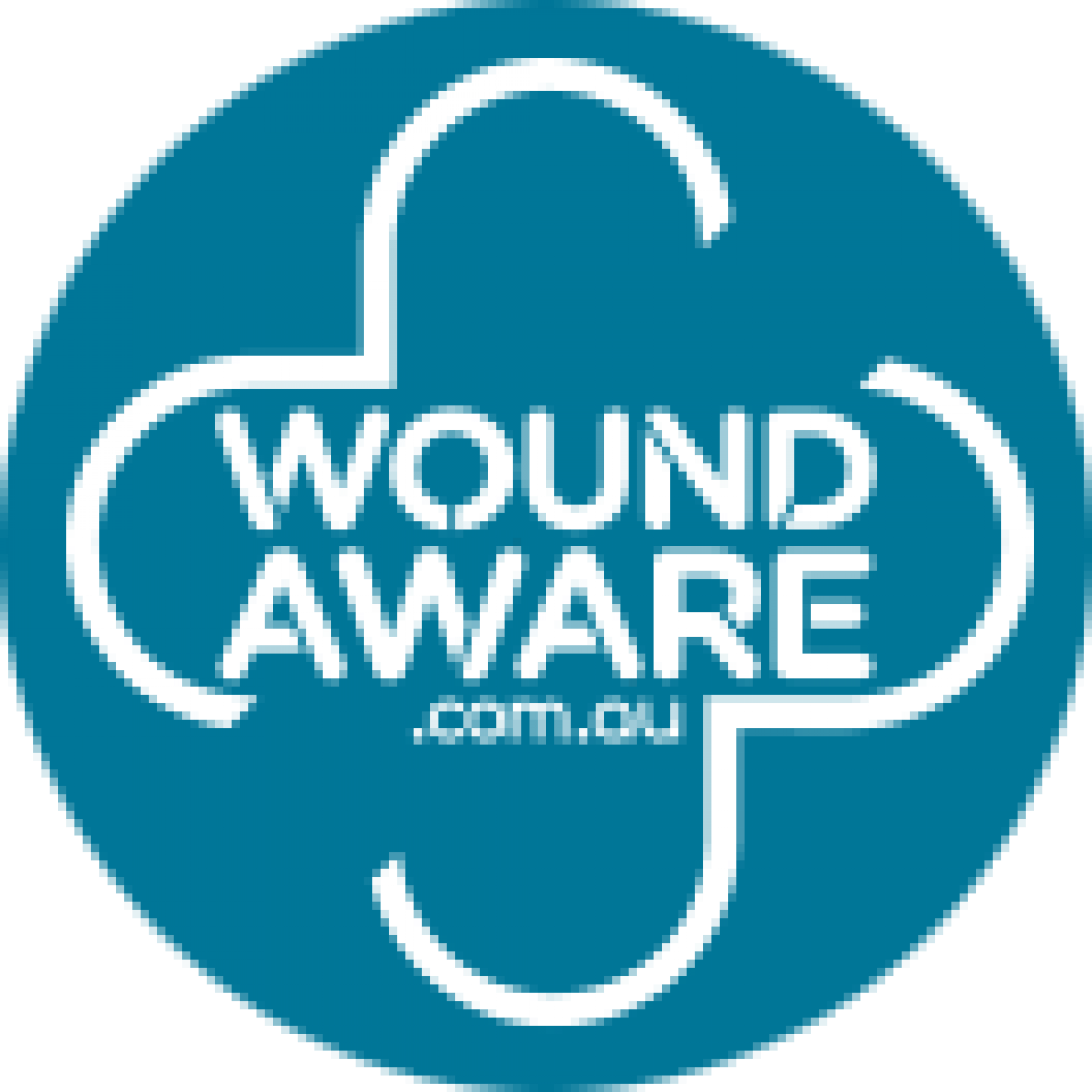|
Australian health care facing 'a national emergency': expert
Thursday, 7 September 2023
|
|
A costly crisis in Australia’s health care system could be relieved by establishing a national wound care framework, according to a wound care expert and representative of a leading health peak body. Board Chair of Wounds Australia - organisers of Wound Awareness Week - Hayley Ryan said that more than 450,000 Australians living with hard-to-heal wounds every year was ‘a national emergency’ that demanded immediate attention. “Each year more and more people are living with wounds yet, unlike other major national health priorities such as dementia and diabetes, there is no national strategy in place for tackling our wound epidemic,” Ms Ryan said. “We could drastically reduce the amount of unnecessary suffering and expense associated with wound care by implementing a nationwide framework for preventing and treating wounds before they become chronic. “With Australia experiencing a cost-of-living crisis, it’s more important than ever to reduce our yearly $6.6 billion wound care bill.” Ms Ryan, a recognised wound care expert, said that many wounds can heal with the right diagnosis and treatment at the right time. Getting wound care right Wound Awareness Week Ambassador Professor Fiona Wood AM said getting wound care right meant receiving the right diagnosis and the right treatment at the right time. “There are too many points in the wound care journey where things can go wrong,” Professor Wood said. “We need to focus on evidence-based education and training to demonstrate what good wound care looks like so we can reduce the number of Australians suffering unnecessarily.” Ms Ryan said the recent Federal Budget announcement of funding for a Wound Consumables Scheme was an important step in the right direction but more needed to be done to help Australians living with wounds. “We know that seeking medical advice in a timely manner and receiving the right diagnosis and treatment will heal many wounds,” Ms Ryan said. “But the evidence tells us that people leave it too long or look to the wrong sources of information or they unfortunately don’t get the right treatment when they do ask for help.” “Often this is no fault of the incredibly hardworking health professionals who are stretched to the limit in both the acute and primary settings,” Ms Ryan continued. “Instead, this is about ensuring these care professionals have access to the most up to date, evidence-based training, education and information about diagnosing and managing wound care in the right way.” [Ends] BACKGROUND:Wound Awareness Week:
Available for interview:
Wound Champions (consumers living with wounds, and their carers):
Media contact: Emma Noble, Wounds Australia Communications Director
|
